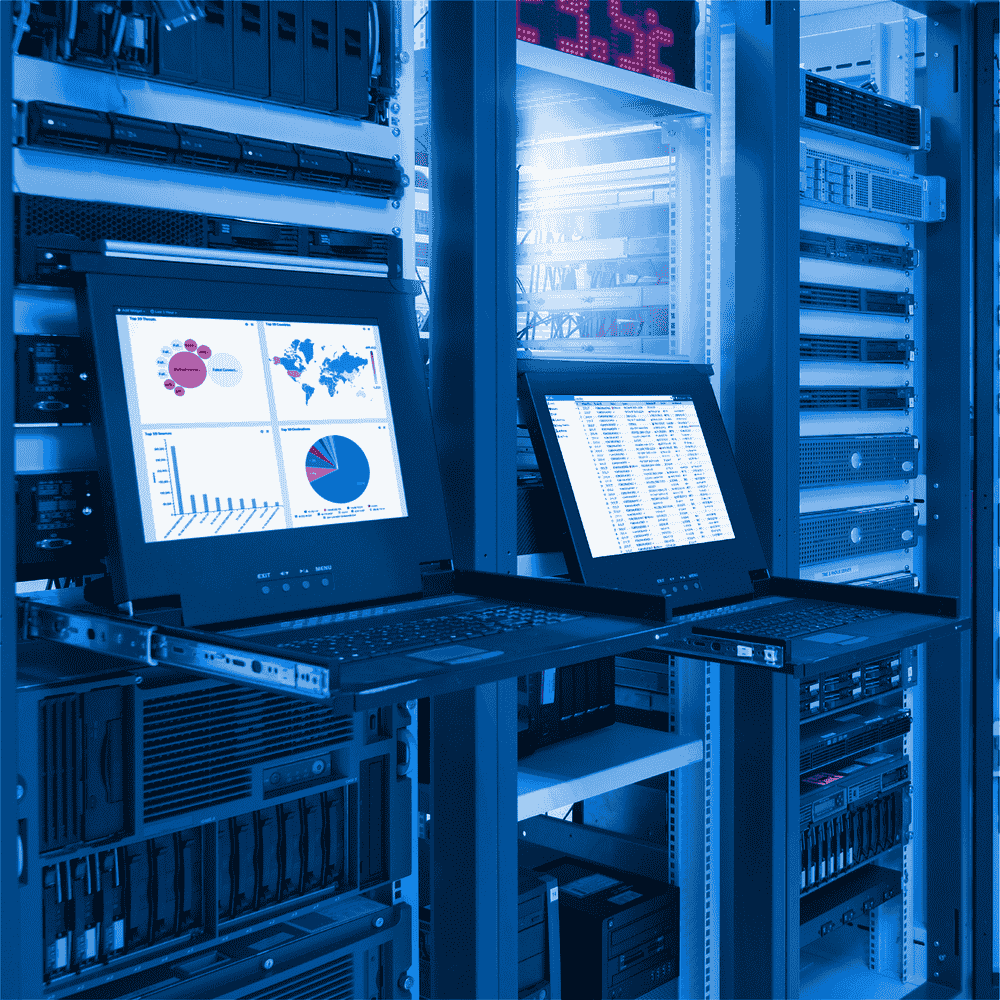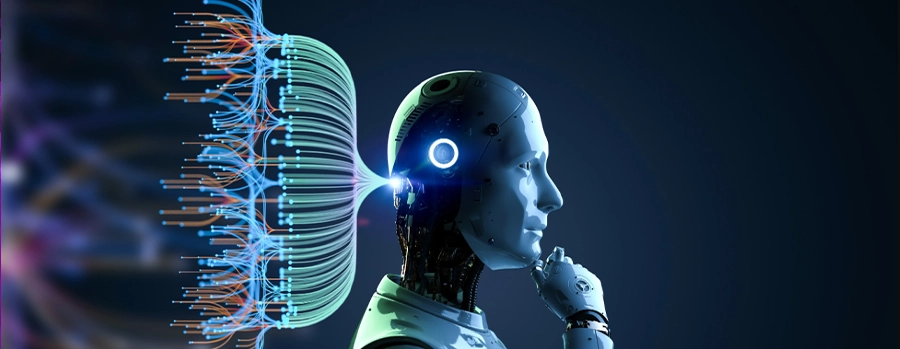How AI is Transforming Data Centers
Data centers are the backbone of the digital world, supporting cloud computing, AI-driven applications, big data, and IoT networks. As demand for data processing and storage continues to surge, data centers are becoming larger, more complex, and increasingly power-intensive.
To manage this growing complexity efficiently, Artificial Intelligence (AI) is emerging as a game-changer revolutionizing how data centers operate, optimize resources, and enhance security.
So, how exactly is AI transforming data center operations? Let’s explore the key innovations and benefits AI brings to modern data center management.
Automation and Operational Efficiency
AI significantly enhances operational efficiency in data centers by automating processes that were traditionally managed manually. This reduces the reliance on human intervention, particularly in large-scale data centers, and optimizes overall performance.
AI Monitoring: AI continuously monitors critical metrics such as temperature, humidity, energy consumption, and network traffic. By analyzing this data, AI can take proactive corrective actions to maintain optimal conditions.
Predictive Analysis: AI identifies potential issues before they escalate, minimizing downtime and ensuring consistent performance. This predictive capability allows businesses to operate at peak efficiency.
Energy Efficiency and Sustainability
Data centers are energy-intensive operations, and managing energy consumption effectively is both a financial and environmental priority. AI plays a pivotal role in optimizing energy use and promoting sustainability.
Dynamic Energy Management: AI tracks real-time energy usage and adjusts systems accordingly. For instance, it can scale back energy consumption during low-demand periods or redistribute energy during peak loads to prevent outages.
Cooling System Optimization: Cooling systems account for a significant portion of energy use in data centers. AI analyzes environmental data, such as temperature and humidity, to optimize cooling system performance, reducing energy waste and costs.
Predictive Maintenance
AI enables predictive maintenance by identifying potential hardware and infrastructure issues before they arise. This proactive approach minimizes disruptions and ensures continuous operation.
Sensor Data Analysis: By analyzing data from sensors, AI can assess the operational status of hardware and detect issues like overheating, overloading, or accelerated wear. Early intervention can extend hardware lifespan.
Failure Prediction: Using historical data, AI predicts when and where failures are likely to occur, allowing for preemptive action and uninterrupted operations.
Data Management and Optimization
AI optimizes data flow and storage, making data center operations more efficient and cost-effective.
Smart Storage Solutions: AI enhances data storage strategies by prioritizing frequently accessed data in faster storage systems while allocating less-used data to cost-efficient storage. This reduces storage expenses and improves access times.
Load Balancing: AI ensures balanced workloads across servers, optimizing resource allocation, preventing server overload, and enhancing performance.
Security and Threat Detection
Given their critical nature, data centers are prime targets for cyberattacks. AI strengthens security by identifying and mitigating threats more effectively.
Anomaly Detection: AI analyzes network traffic to identify unusual patterns or behaviors, providing early warnings of potential security breaches. This proactive detection helps prevent data loss and cyberattacks.
Automated Security Solutions: AI implements automated defenses against threats, such as restricting access to compromised systems or isolating them when suspicious activity is detected, ensuring faster responses to potential risks.
Conclusion
AI is revolutionizing data centers, making them smarter, more efficient, secure, and sustainable. By automating operations, predicting maintenance needs, optimizing energy consumption, and enhancing security, AI transforms data center management. For businesses aiming to stay ahead in the digital transformation journey, leveraging AI-driven solutions is essential to reduce costs, boost performance, and maintain a competitive edge.






